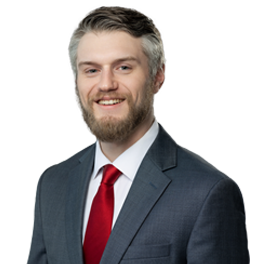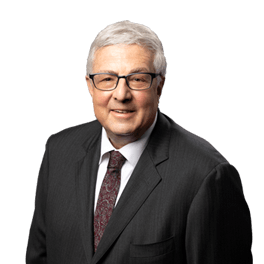Buffalo Elder Law Attorney
Elder law is the specialized field of law that addresses the diverse legal needs of aging people. Elder law attorneys handle a wide range of legal matters affecting elderly or disabled persons, including issues related to health care, long-term care planning, guardianship, retirement, Social Security, Medicare/Medicaid, and protection against elder abuse (physical, emotional, and financial).
Planned alternative decision-making using Powers of Attorney, Health Care Proxies and Living Wills, Revocable and Irrevocable Living Trusts ensure that someone you trust can make decisions on your behalf should you become incapacitated.
Our team of elder law attorneys can help you understand the state of your finances and whether some of your assets can be protected while maximizing your use of government programs and benefits.
While none of us look forward to facing these difficult decisions for ourselves or our loved ones, planning early and comprehensively can give you and your family peace of mind.
Elder Fraud Tips
People of all ages are becoming more and more vulnerable to identity theft and other forms of fraud. The victims of fraud do not fit a particular profile, but statistics show that seniors are often targeted. However, the reasons why this age group is targeted are less clear.
Here are five steps a person can take to reduce instances of fraud.
- Awareness
- Partnerships/Advice
- Identifying Fraud
- Reporting Fraud
- Preventing Fraud
AWARENESS
Strangers may be trying to take advantage of your good nature. Be aware that people are not always truthful. Be assertive and ask questions to clarify who precisely you are speaking with, or simply end the conversation by politely hanging up or walking away.
PARTNERSHIPS/ADVICE
Anyone can be a victim of fraud. However, most victims of fraud are well-educated and socially active. Therefore, there is no shame in seeking advice from someone you trust or double-checking facts. In turn, provide guidance to someone who may benefit from it. When searching for advice, consider the following person(s):
- Pastor
- Family
- Friends
- Congregation
- Attorney
- Pamphlets, News Media, Newspaper
- Seminars
IDENTIFYING FRAUD
Fraud takes on various forms. Among the most frequently encountered are:
- Telemarketing Fraud
- Home Repair and Improvement Fraud
- Identity Theft
- Financial Exploitation
- Medical-Related Fraud
- Insurance Fraud
- Charity Fraud or “Dues” for Social Clubs
- Nursing Home Fraud
- Automobile Purchase and Repair Fraud
- Funeral Fraud
- Warning Signs
- You apply for a credit card and are denied
- Purse/Wallet is stolen
- Bank account overdrawn/unusual credit card activity
- Mail you expect doesn’t arrive
REPORTING FRAUD
You can report fraud to:
- District Attorney’s Office (Economic Crime Unit)
- To close family and friends
- Better Business Bureau
- Credit Reporting Agencies
- Equifax 800-685-1111
- Experian 800-682-7654
- Your Attorney
- Your Insurance Company
- Local Group
- The Dale Association – 716-433-4440
- Amherst Senior Center – 716-636-3050
- Adult Protective Services
- Lockport – 716-278-8621
- Niagara Falls – 716-278-8621
PREVENTING FRAUD
Brainstorm ideas among your family, friends, and community. Share experiences you have had and what you have learned from them.
Here are a few suggestions:
- Use a “fanny pack” or close-fitting pouch instead of a purse; do not carry your checkbook in public.
- Carry your wallet in a front pocket any time you are out in public.
- Do not carry your Social Security card with you; NEVER give out your Social Security number.
- Remove your Social Security number from your Driver’s license and checks.
- Deposit all outgoing mail inside your post office rather than placing it in your mailbox for carrier pick-up or sign up for automated payment plans.
- Ask the bank or credit union to personally pick up new checks rather than deliver them to your home.
- Notify appropriate agencies/institutions of the death of a relative or friend.
- Do not keep your automobile registration, insurance, checkbook, or other identifying information in your car: do not leave your vehicle unlocked.
- Use a confetti-cross-cut shredder on all financial mail and documents.
- Never assume something is official just because it appears to be.
- Have a response prepared for charities and telemarketers before they call.
- “I do not do business over the phone – please put me on your Do Not Call List.”


